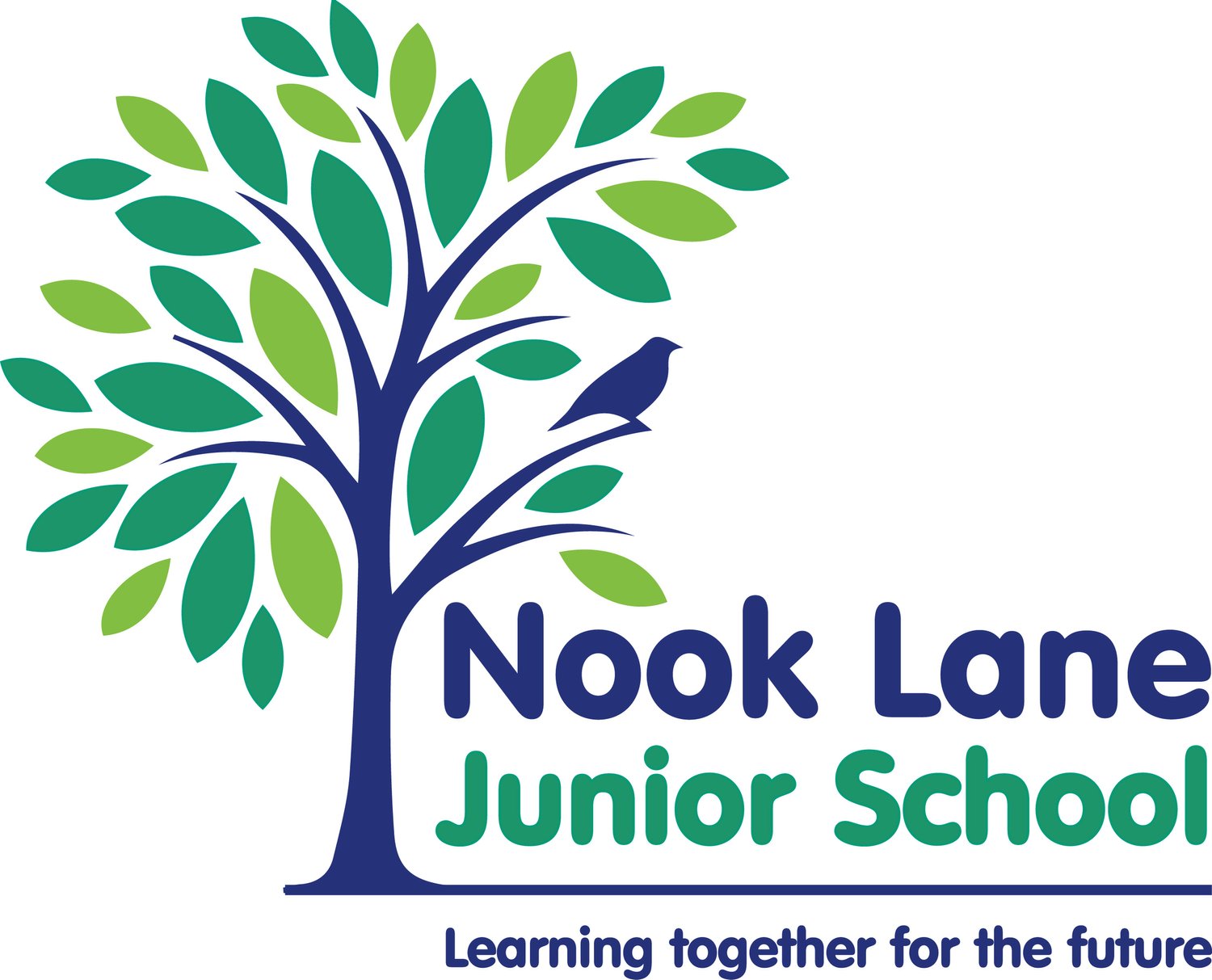2024 Performance Data
2023 Performance Data
Please see the table opposite for Nook Lane’s Y6 SATS results for this year, which again show that more children at our school achieved the “Expected Standard” in all subjects when compared with national averages.
To put the results in context, particularly for children who have not achieved the “Expected Standard”. It is worth noting that 41% of the country’s children have not managed to achieve the combined “Expected” measure across reading, writing and maths. Headline data does not show the enormous progress that so many children have made even if they have not met the “Expected Standard” in either individual core subjects or across all of these subjects. For example, several pupils missed either the “Expected Standard” or the higher or “Greater Depth” standard by a single mark.
Many children have achieved significant success in their attainment and that is to be applauded. But equally impressive is the fact that every child has tried so hard to achieve their very best, making excellent progress. Irrespective of outcomes, we want to congratulate everyone for their resilience and determination in tackling the tests which are widely agreed to have been more challenging than usual. We are so very proud of you all!
2022 Performance Data
We are really proud of our children for their performance in the May 2022 SATs. They are the first cohort to sit these exams since 2019. Due to the pandemic, and missing large amounts of school, they have had to work extremely hard to attain the Y6 expected standard and, for some, the higher standard within the expected standard.
We are very pleased with our performance at the the expected standard, where we are above national for reading, writing, maths and combined.
Our attainment at the higher standard in reading and maths is also extremely pleasing; we are proud to be above national and the highest performing school in Peak Edge for Reading and Maths at the higher standard.
Nook Lane’s average scaled score for reading was 106.5 (compared to 104.8 nationally).
Nook Lane’s average scaled score for maths was 105.4 (compared to 103.8 nationally).
2019 Performance Data
Whilst our 2018 performance data can be found on the Department for Education website these have not been published for our 2019 results, so we have summarized these in the table opposite.
Figures refer to all 59 children in the cohort (including 2 children in the IR) EXP+ (Expected Standard and above). GD/HS (Greater Depth/Higher Standard).
These results represent Nook Lane's highest attainment scores in all areas, except writing at Greater Depth, since the new tests and writing frameworks were introduced in 2016; pupils achieved 33% GD in writing in 2017, although the two sets of results are not really comparable given the further changes to the writing assessment frameworks in the last couple of years.
To put this in context with national 2019 Key Stage 2 results, 65% of Year 6 children in the country achieved the expected standard in reading, writing and maths (commonly known as the combined measure). This was an increase from the previous year's national figure of 64%. Nook Lane's outcomes (78%) are well above this national average.
It is worth noting that whilst there has been a marginal increase in children nationally meeting the expected standard compared with the previous year, over a third of the Year 6 children in the country have not yet met the more exacting standards in all three core areas.
We are particularly delighted with the proportion of children achieving the combined Higher Standard/Greater Depth in reading, writing and maths (22%) which again is well above national figures (10%).
Nook Lane’s average scaled score for reading was 107.2.
Nook Lane’s average scaled score for maths was 107.5.
2024 Multiplication Tables Results
Children in Year 4 are required to take a computer-based Multiplication Tables Check (MTC) assessment.
Well done to the Year 4 children, the Y4 team and to parents, carers and families too for their support.
The sooner children gain rapid recall (or what we term automaticity) with their times tables, their ability to tackle more difficult problems in mathematics, as they move into upper juniors, is enhanced.
Remember this is just a snapshot so it is really important for children to keep practising their time tables over the summer in order to commit them to their long term memory in readiness for Year 5 and beyond.







